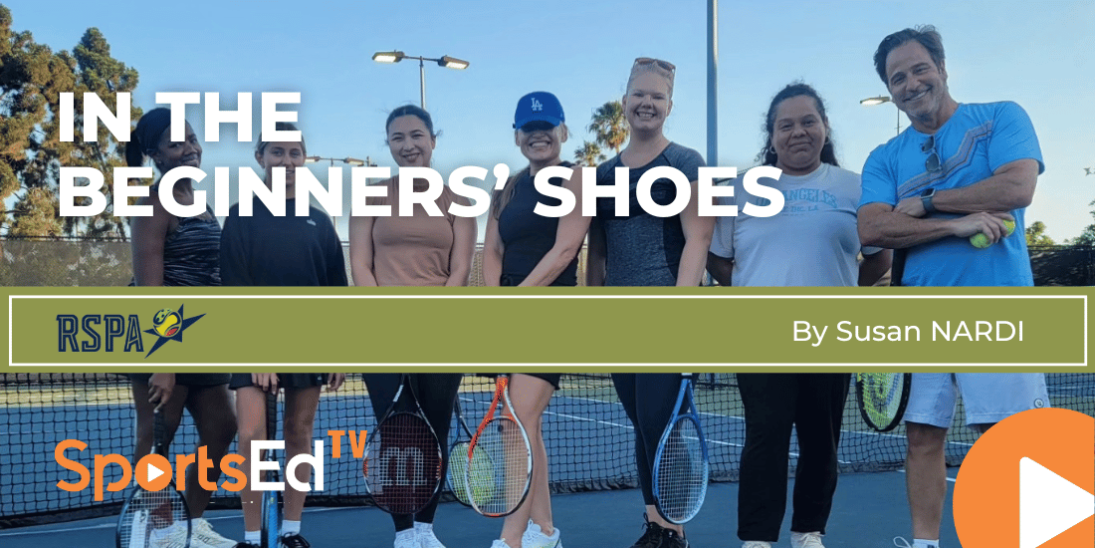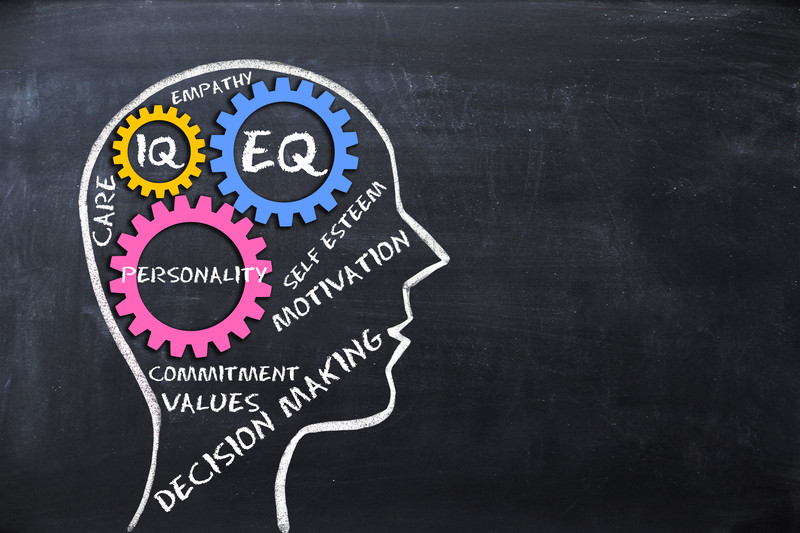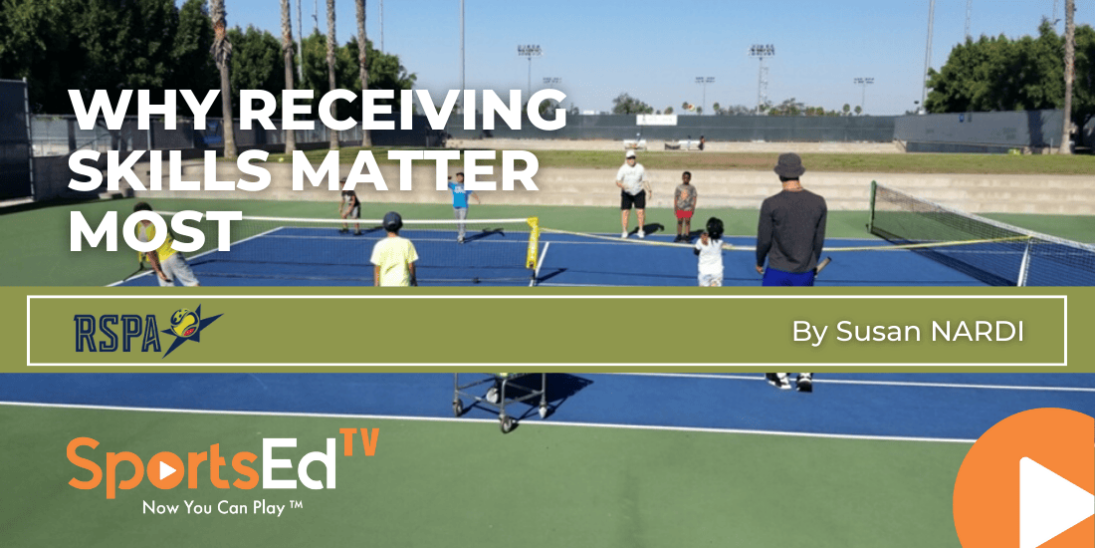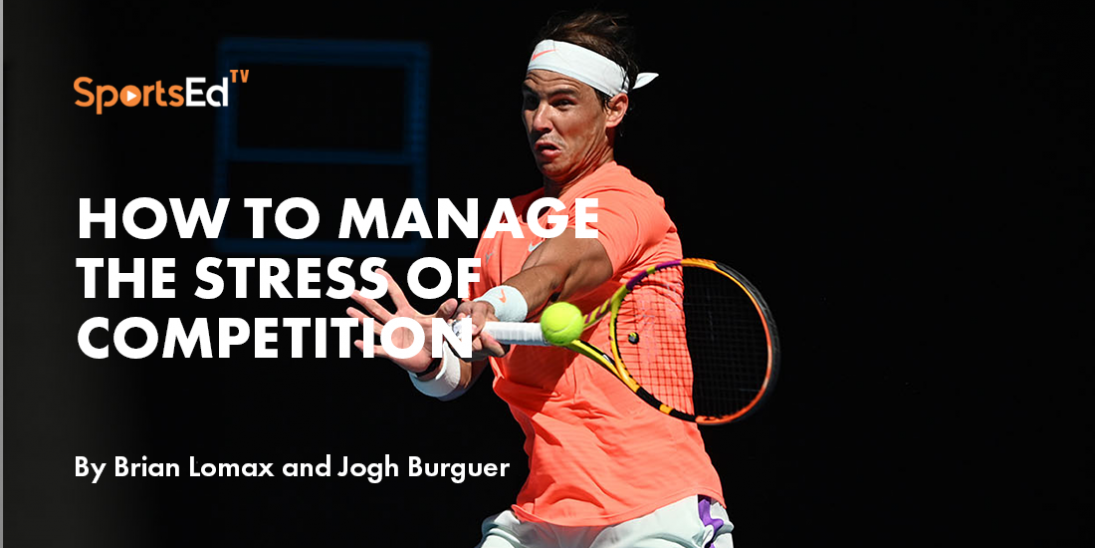Tennis
Welcome and thanks for visiting...

Towards More Effective Tennis Coaching: In the Beginners’ Shoes

This is the first in a series of articles discussing concepts to enhance the learning experience for your players.
The Ambitious Goal: 35 Million Tennis Players by 2035
In August 2024, USTA CEO Lewis Sherr announced an ambitious goal: to have 35 million tennis players—10% of the U.S. population—playing tennis by 2035. This vision aims to make the U.S. the most popular tennis-playing nation in the world.
Tennis experienced a tremendous growth spurt during the COVID-19 pandemic, bringing millions of new players to the courts. However, Sherr admitted that 98% of these players have since left the sport. The pressing question for coaches is: What can we do to reverse this trend and retain those who try tennis for the first time?
The answer lies in improving how we coach beginners.
The Three Pillars of Effective Beginner Coaching
To help adult players learn new skills effectively, coaches must master three essential skills:
- Communicating
- Connecting
- Having empathy
Communicating: Understand Your Students
New students are not professional or collegiate athletes; they come from diverse professions, athletic backgrounds, educational experiences, and cultural identities. Coaches must make an effort to learn about their students to gain insight into their unique abilities and learning styles.
Consider asking:
- What are their interests or hobbies?
- What are their professions?
This knowledge provides clues about each player’s learning style and helps coaches tailor their teaching approach.
Connecting: Tailor Your Instruction
Once you know a little about each student, tailoring your instruction becomes much easier, enabling them to "get it" faster. Connection is critical for enhanced learning.
Example: Imagine teaching a group of adult beginners about hitting topspin on their forehands. Each of the six students has a different professional background. Here’s how you might customize your explanation:
- Engineer – Relate topspin to the flight of a plane from LAX to Vegas.
- Business Owner – Compare the topspin motion to a bell curve.
- High School English Teacher – Explain it as the rising action, climax, and falling action of a story.
- Musician – Use the analogy of moving up a musical scale and dropping back down.
- Stay-at-Home Mom – Refer to the golden arches of McDonald's.
- Retail Sales Manager – Compare it to the increase and decrease of customer traffic in a store.
Connecting the concept to each student’s world makes it easier for them to understand and retain what you’re teaching.

Empathy: Embrace the Beginner’s Mindset
Empathy is about remembering what it felt like to be a beginner. Too many coaches fall victim to the Curse of Expertise—assuming that beginner players have the same understanding or skill set they do. This creates a gap in understanding how a beginner thinks and feels when learning something new.
To overcome this, rediscover the beginner’s mindset by learning a new skill yourself. Dr. Helen Harkness, founder of Career Design Associates, encouraged me to learn something new each year to broaden my horizons. She always asked, “What have you learned this year to push yourself forward?” The skill didn’t matter—what mattered was the process. Constantly learning something new, feeling awkward, and making mistakes has helped me better relate to beginners.
Redefining Success as a Coach
Many coaches dream of standing in a player’s box at a Grand Slam and watching their player win the title. This is often viewed as the ultimate sign of success. However, even the “high-performance coach” title typically implies working with players who have already developed skills under someone else’s guidance.
While advanced specialization may appeal to some, every coach should continually refresh their understanding and application of basic skill development. Real growth happens when you inspire a new player to try tennis, enjoy it, and stick with it as their proficiency develops under your guidance.
Growing the Game Starts with Better Coaching
To grow tennis as a sport, coaches must improve their communication, connection, and empathy with beginners. Retaining new players requires more than technical expertise; it demands a genuine effort to make the learning process enjoyable, relatable, and accessible. By putting ourselves in the shoes of those stepping onto the court for the first time, we can foster an environment that encourages growth, resilience, and a sense of accomplishment.
When beginners feel understood and supported, they are more likely to stick with the game, transforming their initial curiosity into a lifelong passion. As coaches, our role goes beyond developing skills—it’s about building confidence, creating excitement, and nurturing a love for tennis that will inspire players to return to the court again and again. If we can achieve this, we won't just grow the sport but create a thriving, inclusive tennis community that endures for generations.








